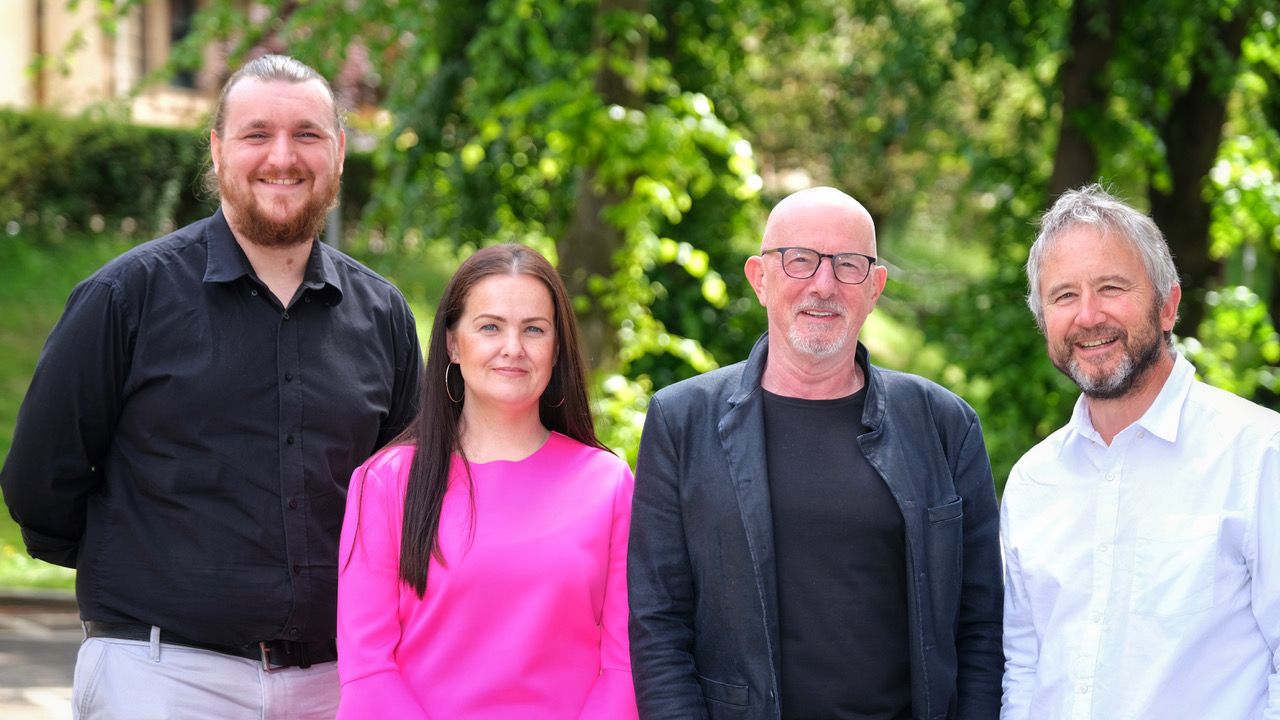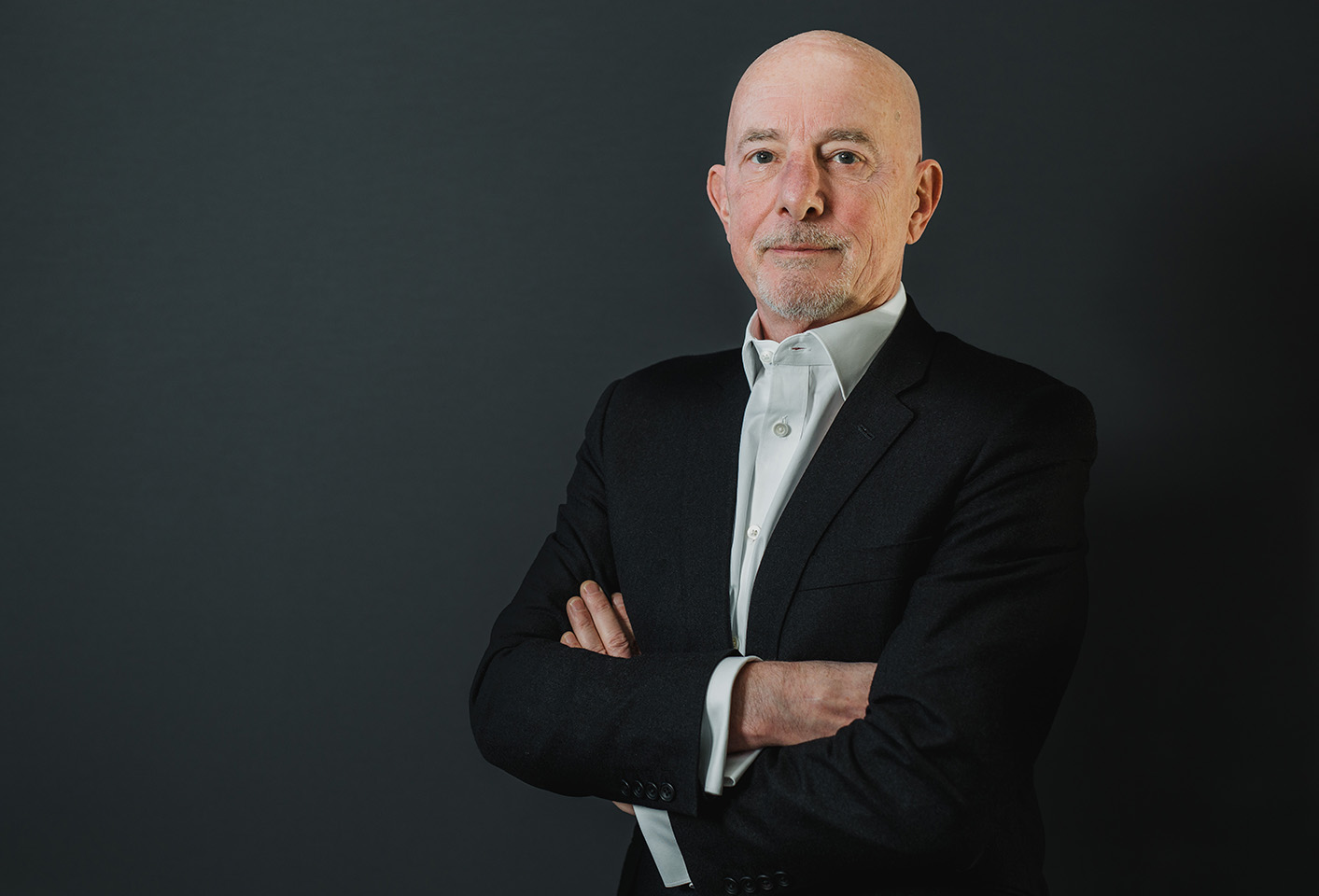The STEM Spatial Cognition Enhancement Project

Glasgow University is one of the world’s most prestigious universities, producing ground-breaking research in a variety of disciplines. The university is recognised internationally for its contributions to academic scholarship and its commitment to driving positive change.
There are still many barriers to women and those from disadvantaged backgrounds in science, technology, engineering, and mathematics. These groups continue to be underrepresented in STEM fields. This restricts life opportunities for these groups, and results in their ideas and perspectives being excluded from the creation of innovative STEM-based solutions which are key to improving our society, such as advances in healthcare.
Inadequate access to quality education, especially in science and mathematics, can hinder students' ability to excel in STEM subjects. Schools in disadvantaged areas might lack the necessary resources, experienced teachers, and proper curriculum, which can affect students' preparation for higher-level STEM studies.
The development of spatial skills in children marks an important stage in their learning which has wide-ranging implications on their cognitive, academic, and practical capabilities. ‘Spatial skills’ encompass the skills that we use to reason about physical objects and the spatial relationships between them. The development of spatial skills has significant knock-on effects on children’s ability and confidence in STEM subjects.
In collaboration with The University of Glasgow, The STEM Spatial Cognition Enhancement Project, or STEM SPACE, will bring a spatialised maths curriculum – teaching typical maths lessons with more spatial activities – to children aged eight to nine years across schools throughout the West of Scotland.
The project, led by Professor Quintin Cutts at the University of Glasgow, backed by the Turner Kirk Trust, and supported by an advisory board of experts from across the field of spatial skills development and cognition, aims to develop the evidence needed to produce a transformative method for improving children’s ability and confidence across STEM subjects, independent of background or birth. STEM SPACE builds upon successful research undertaken in Australian schools by the University of Canberra. Materials from the Australian study have been evaluated by the Glasgow researchers and adapted for the context of STEM SPACE’s adapted curriculum.
The first year of the project reached 22 schools in Scotland, which were supported through the adapted Australian curriculum. Compared with control schools, the schools taking part in the project showed significantly higher gains in three areas: spatial skills, maths, and computational thinking. This is a very positive indicator for the benefits of spatial learning in schools and the adapted STEM SPACE materials in particular.
In addition to improved assessment outcomes from pupils, teachers across the board praised the material and strategies. They consistently noted the ease of lesson delivery, high levels of engagement from pupils, supplementary skill improvement by pupils – such as better instruction following, teamwork, and resilience – and that pupils who typically did not enjoy maths were very engaged in the STEM SPACE lessons.
The STEM SPACE Project is continuing into the 2024-2025 academic year. Following the initial pilot success, the project is increasing its capacity to engage with teachers at scale; the number of schools involved is increasing from 22 to almost 150, with teachers taking part from all areas of Scotland. The first phase reached roughly 1,000 pupils; the second will reach over 3,000.
The project has also launched a second year of materials, permitting pupils in both P4 (Year 3) and P5 (Year 4) to take part. This rollout is currently being used as a basis for discussions of a larger project spanning all of Scotland – with scope to expand further – and reaching even more levels of primary school in the coming years.
“STEM is at the heart of solving some of the toughest issues we face, so it’s vital that everyone is given the opportunity to study these areas and that these fields are fully representative of the population. Spatial skills training offers us a unique opportunity to make STEM education and careers accessible to all young people, independent of their background.”
